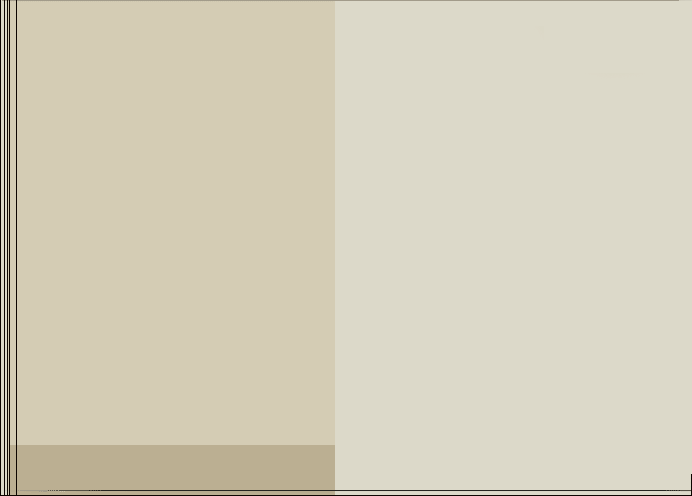 |  |
 |









Political struggle in the community |
Intense debates over the future of the one Jewish community of St. Petersburg revealed once again the fundamental differences between its main political and ideological tendencies. Semion Dubnov had reasons to complain that the lack of unity was an obstacle to Jewish initiatives. The irreconcilable differences between conservatives, Zionists, and Bundists became evident by the summer. In May 1917, a new organization of St. Petersburg Jewry was created, with the aim of enhancing religious and cultural education. It was headed by Katzenelenbogen, Aizenshtadt, Markon and other leaders of the synagogue community. At the same time, such emancipated members of the old board as Sliozberg, Kaminka, and Polyak tended towards secular organization of community life.![]()
In July, a conference to organize the Petersburg community and elect delegates to the future All-Russian Jewish Congress was held in the Gurevich gymnasium. The conference ended in the victory of the liberal bloc of the Jewish People's Group, the Jewish Popular Party and the Jewish Democratic Group headed by Vinaver, Landau and others. It also led to the formation of the Zionist block, which united the traditional Zionists and nationally-minded intellectuals, as well as a part of the old community's leadership. The main candidates of this bloc, Aizenshtadt and An-sky, gained many fewer votes than needed for a mandate. The Bund stood aloof and did not take part in the elections. Other Jewish socialist parties and groups had little influence in the St. Petersburg community.![]()
As the general situation in the country worsened, the liberal wing of St. Petersburg Jewry, which leaned for support on major businessmen, lawyers and other eminent representatives of emancipated intellectuals, was no longer on firm ground. Both socialist and nationalist tendencies were gathering strength. The greater influence of Zionists in the St. Petersburg community led to their victory in the elections of the Jewish community leadership after the October revolution. Yet, in the context of Bolshevik rule, the Zionist block was unable to reap the fruits of its victory.![]()
Proclamation placards of the "Keren Hajesod" Zionist fund


